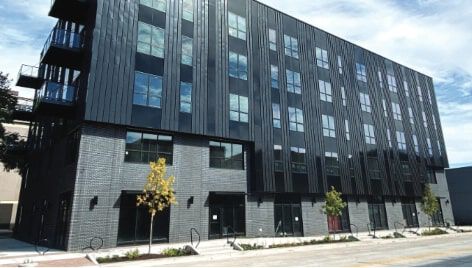A effective strategy for overseeing utilities in multi-unit buildings is the implementation of smart meters. Smart measurement devices offer real-time data on power and H2O consumption. This data allows property administrators to detect patterns and trends in utility use. For example, if a particular apartment consumes significantly more H2O than its neighbors, the administrator can investigate potential drips or motivate the resident to adopt additional water-efficient practices. By addressing these concerns quickly, managers can reduce loss and decrease utility expenses for all residents.

Another crucial aspect of digital resource administration is the adoption of energy-efficient solutions. Many multi-unit units can gain from energy-efficient illumination, heating, and air conditioning units. navigate to this site These solutions not only reduce power consumption but also decrease service bills. Building managers can use cloud-based platforms to monitor the efficiency of these technologies and implement adjustments as required. For example, if a heating unit is not functioning functioning effectively, the administrator can schedule repairs or upgrades to ensure maximum performance.
In addition to intelligent meters and energy-efficient solutions, digital resource management can improve communication between building managers and residents. A cloud-based system can offer residents with visibility to their service usage information, allowing them to track their usage. This openness encourages tenants to be increasingly mindful of their resource consumption. Furthermore, property administrators can distribute notifications about maintenance timing, energy-saving tips, or neighborhood activities through the platform. Improved interaction cultivates a sense of community and motivates residents to participate in utility-saving efforts.
Ultimately, implementing digital utility management strategies can lead to a more sustainable residential environment. Through enhancing utility consumption, multi-unit buildings can considerably lower their environmental impact. This is crucial not just for the tenants but also for the environment. As more people become aware of environmental issues, they are likely to appreciate living in a building that focuses on eco-friendliness. Building managers who implement these approaches can attract eco-conscious conscious tenants, enhancing the property's standing and possibly increasing its value. Overall, effective cloud resource management is crucial for establishing effective, pleasant, and sustainable residential spaces in multi-dwelling buildings.